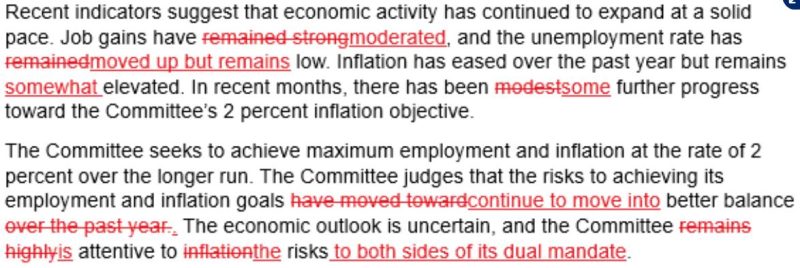In a surprising turn of events, recent actions by the Federal Reserve have left many questioning the true intentions and consequences of its policies. As the world navigates through the economic challenges brought on by the pandemic, the Fed’s decisions have become increasingly scrutinized, with some experts warning of potential pitfalls that could have far-reaching implications.
One of the most notable concerns raised is the idea that the Fed may be inadvertently creating a situation where it loses control over its own policies. By injecting massive amounts of liquidity into the financial system through bond purchases and low interest rates, the Fed has sought to stabilize markets and boost economic growth. However, this strategy carries risks, as it can distort market signals and create asset bubbles that may eventually burst, leading to a destabilization of the financial system.
Moreover, the reliance on unconventional monetary tools, such as quantitative easing and forward guidance, has raised questions about the Fed’s ability to effectively navigate future economic challenges. Critics argue that these measures have led to a false sense of security and prolonged periods of ultra-low interest rates, which could sow the seeds of future economic crises.
Another issue of concern is the potential impact of the Fed’s policies on income inequality. By prioritizing asset price stability and financial market support, the Fed’s actions have benefited wealthy investors and corporations, while leaving many low- and middle-income households struggling to make ends meet. This has widened the wealth gap, exacerbating social tensions and undermining the Fed’s mandate to promote maximum employment and stable prices.
Furthermore, the Fed’s growing influence over financial markets has raised questions about its independence and accountability. Some critics argue that the central bank has become too powerful and opaque, with its decisions often driven by political considerations rather than economic fundamentals. This trend may erode public trust in the Fed and undermine its credibility in times of crisis.
As the Fed continues to grapple with these challenges, it is essential for policymakers and the public to engage in a meaningful dialogue about the future direction of monetary policy. Transparency, accountability, and a focus on the broader societal impact of its actions will be crucial in ensuring that the Fed remains a trusted steward of the economy. By addressing these concerns head-on, the Fed can work towards building a more resilient and inclusive financial system that serves the interests of all Americans.

